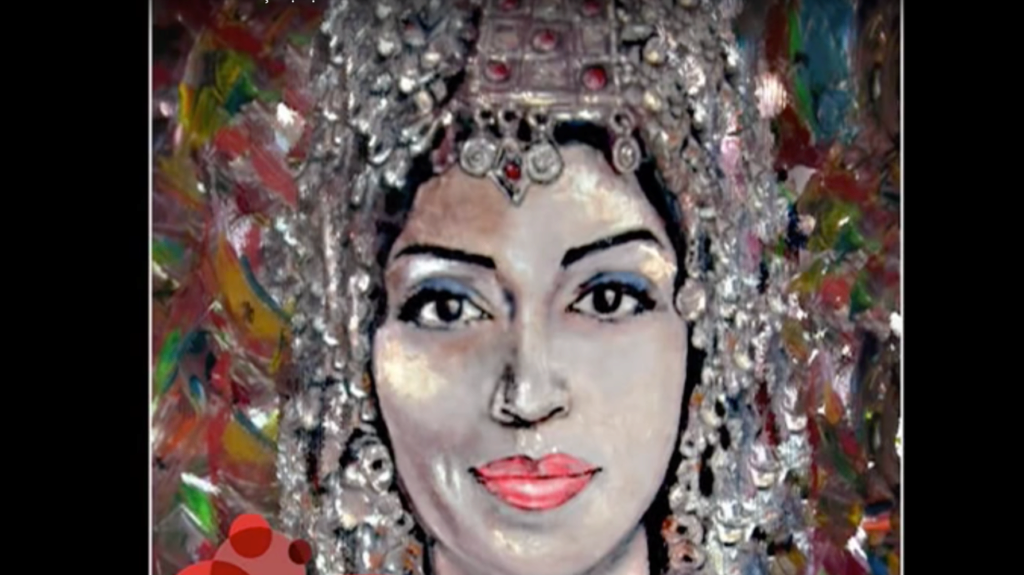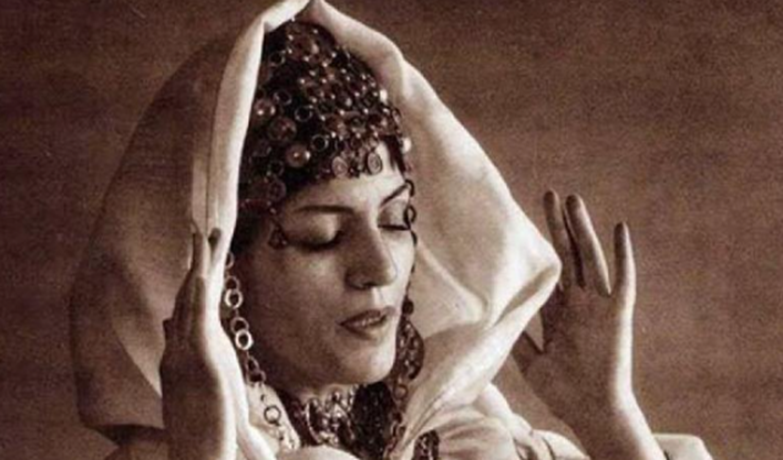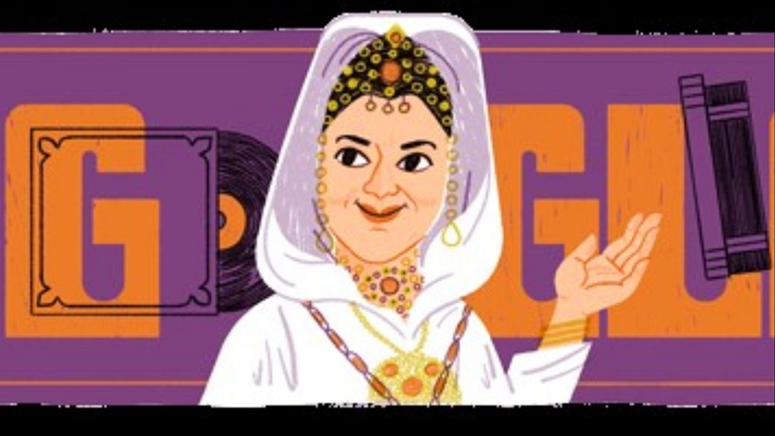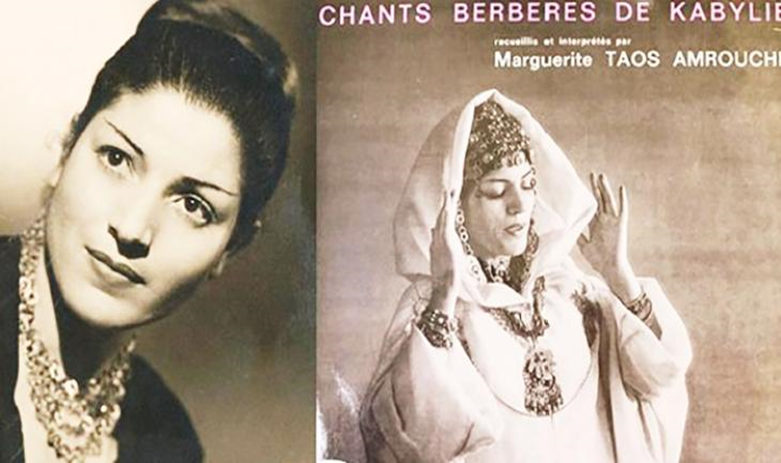The global search engine “Google” celebrates the Amazigh writer and activist Taous Amroush

Yesterday, Monday, the global search engine “Google” celebrated the impact of the Algerian Amazigh writer, Taous Amrouche, who is considered one of the most prominent names in Amazigh culture and literature.
The Google search engine published a picture of the Amazigh writer Taous Amroush in the traditional Amazigh Kabyle dress and Amazigh jewelry, coinciding with her birth anniversary 111 years ago.
Various international news agencies and media sources circulated a picture celebrating Amroush, whose name was recorded in golden letters in the literary field, in appreciation of this woman who is considered one of the first Maghreb women to publish a literary novel.

111 years after her birth on March 4, 1913, Amroush still has great importance in Amazigh culture.
Taous Amrouche was born in Tunisia to Christian parents of tribal origins from the village of Ighil Ali in the city of Bejaia. Her real name is Marie Louise Taous Amrouche, and she grew up with her parents in Algeria, with her grandparents. Then she later traveled to France.
Taos Amrouche signed her writings with the name Margaret Taos, the name of her mother, to whom she always expressed great gratitude due to her contribution to enriching Amazigh culture through stories, anecdotes and songs. Amroush followed in her mother's musical footsteps by singing Amazigh songs, and recorded nearly ten CDs of traditional Amazigh songs of depth and strength.

Amroush is the first Algerian writer to publish a novel in French in 1947 entitled “The Black Rose of Sham El Nessim” or “Jasanthe Noir.” In this book, she dealt with her mother’s life during her adolescence in a girls’ boarding school.
Amroush continued to write extremely important novels, such as “The Magic Seed,” a collection of stories and poems, “Street of Tambourines,” “The Imaginary Lover,” and “Isolation, Mother.” Her writings attest to great artistic sensitivity and confirm her commitment to preserving Amazigh traditions.
Taous Amrouche also worked to enrich culture through her ethnographic research and thus contributed to understanding and promoting Amazigh cultures. Its legacy is characterized by an unwavering connection to its roots and a passionate desire to pass it on to future generations.

Her first autobiographical novel was entitled “The Black Hyacinth” (French: Jacinthe noir), published in 1947, and it was the first of its kind to be published in France by a North African author. She won the nom de plume award in the name of Marguerite-Taus, which is her mother’s Christian name, thanks to the collection of short stories and poems “The Magic Grain” (in French: La Grain magique).
In 1966. While she was writing in French, she was singing in the Amazigh language. Her first album, “Berber Songs from the Kabylie Region” (in French: Chants berbères de Kabylie), was released in 1967 and was a great success. It is a collection of traditional songs from the Amazigh tribes translated into French. By her brother John.
She recorded several other albums, including “Chants sauvés de l’oubli” (Songs Saved from Oblivion), “Hommage au chant profond” (In Honor of a Deep Song), “Incantations, Meditations, and Sacred Berber Dances” (in French: Incantations, méditations et danses sacrées berbères), “ Amazigh songs about the mill and the cradle (in French: Chants berbères de la meule et du berceau) (1975).

She was a fighter for the Amazigh cause and was among the founders of the “Berber Academy in 1966.”
She passed away in Saint-Michel L'Observatoire in France.
Source: websites

